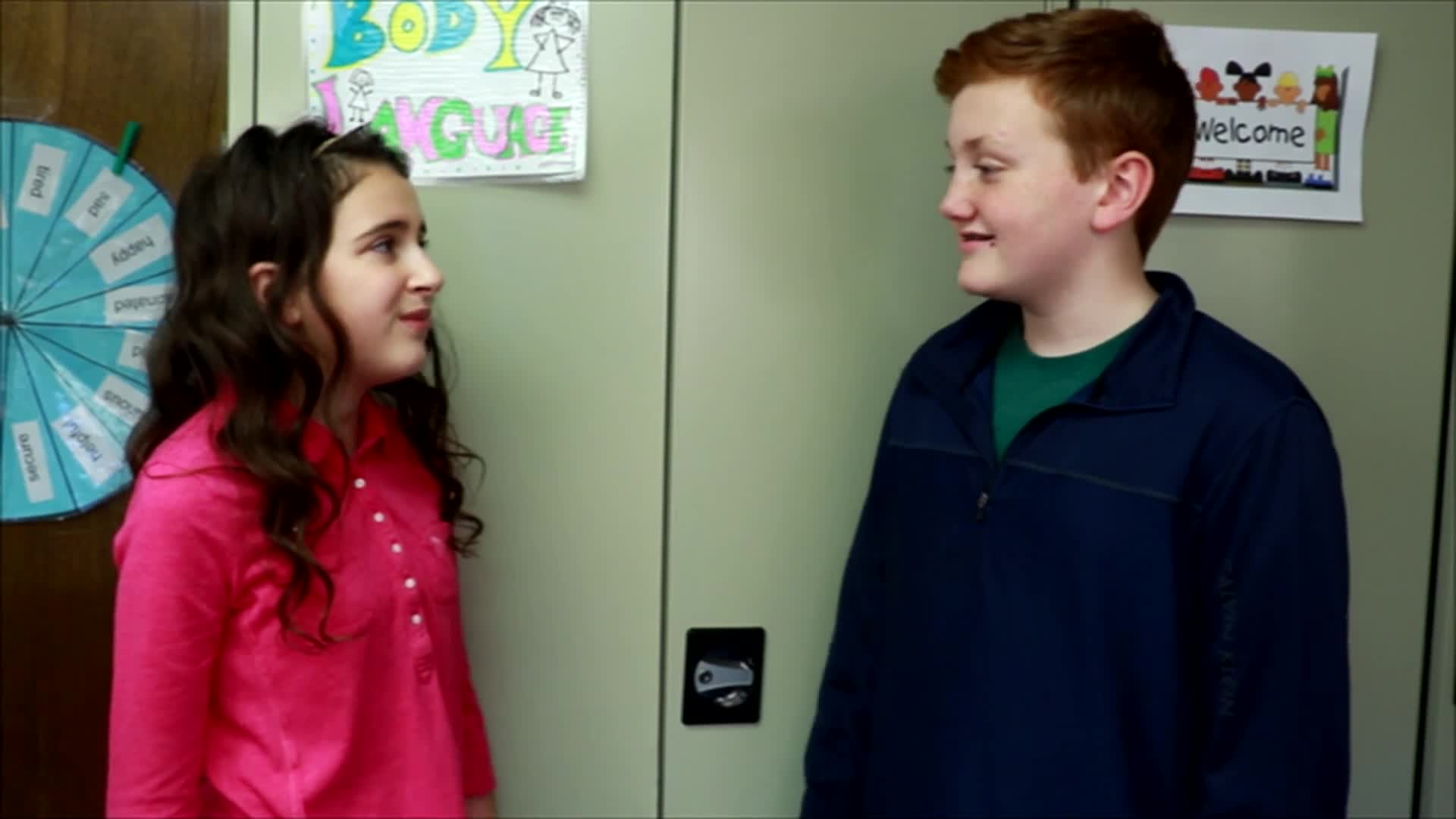
Developing essential communication skills in students with special needs is crucial for their overall growth and wellbeing. One such skill is the ability to end conversations appropriately. This blog post will explore the significance of this target skill, the role of specialists in supporting its development, and specific IEP goals that can be used to improve conversation-ending skills in elementary students.
Understanding Conversation-Ending Skills
Conversation-ending skills are the abilities to exit social interactions gracefully by providing a reason, maintaining eye contact, and saying goodbye. These skills are critical for students’ learning as they promote effective communication, foster positive relationships, and boost self-confidence.
The Role of Specialists
Various specialists play a vital role in supporting the development of conversation-ending skills in students. These include:
- Speech-Language Pathologists: They can help students improve their verbal communication abilities and understand the appropriate use of language in social situations.
- Social Workers: They can work with students on developing positive social interactions and understanding the importance of appropriate conversation-ending skills.
- Psychologists: They can help students build self-awareness and emotional regulation, which are necessary for effectively managing social interactions.
- School Counselors: They can provide guidance and support to students in developing the necessary social skills for successful communication in various settings.
IEP Goals for Conversation-Ending Skills
Here are some SMART IEP goals that can be used to improve conversation-ending skills in elementary students:
-
Goal: The student will demonstrate appropriate conversation-ending skills in 4 out of 5 social interactions across three consecutive weeks.
Strategies/Activities: Role-playing, social stories, video modeling, and group activities that practice conversation-ending skills. -
Goal: The student will maintain eye contact while providing a reason for leaving and saying goodbye in 80% of observed social interactions for four consecutive weeks.
Strategies/Activities: Visual cues, social scripts, practice scenarios, and peer modeling.
Implementing and Measuring Progress
To effectively implement these goals and measure progress:
- Collaborate with the student’s support team, including specialists, teachers, and parents.
- Provide consistent opportunities for practice and reinforcement in various settings.
- Use data collection tools, such as observation checklists and progress charts, to track the student’s improvement over time.
- Regularly review and adjust IEP goals based on the student’s progress and needs.
Conclusion
Developing conversation-ending skills is crucial for students’ overall growth and wellbeing. By implementing effective IEP goals and strategies, educators can support the development of these essential skills in their students. We encourage you to apply these IEP goals and explore more resources at Everyday Speech Sample Materials.





